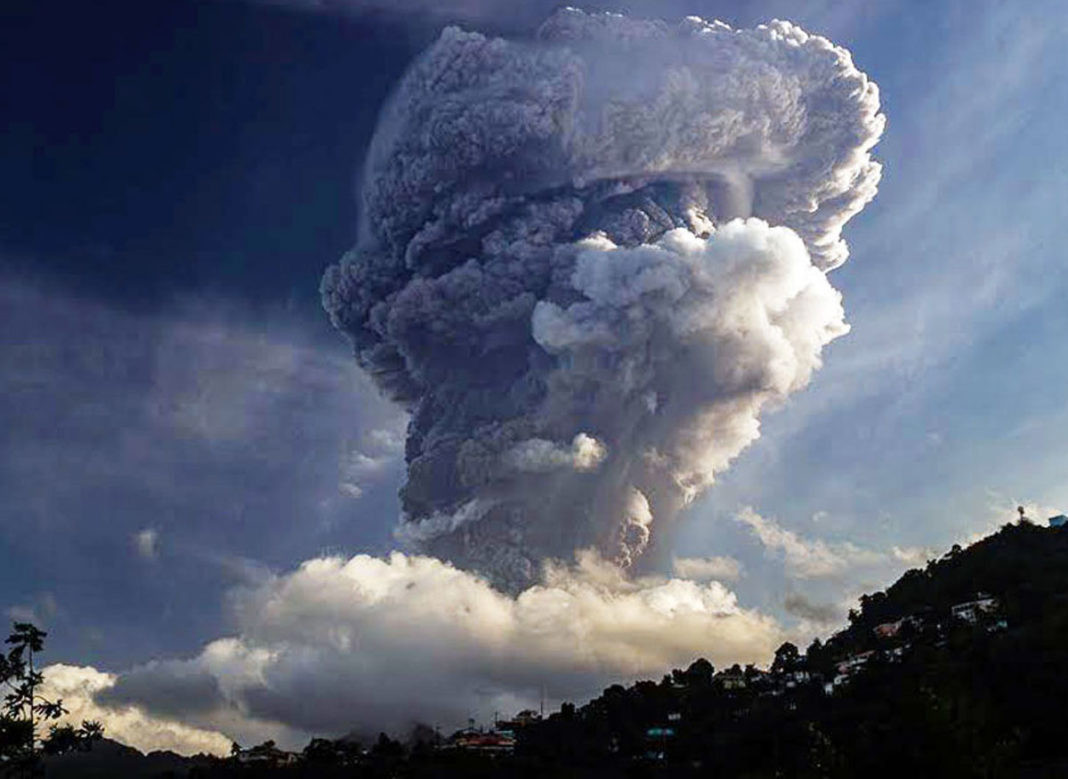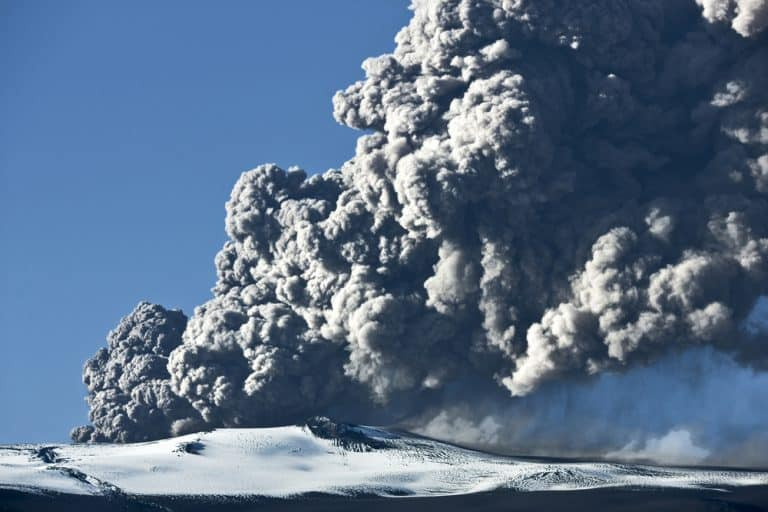The Met Office has issued an update on the “toxic gas cloud” sweeping above parts of the UK. It comes as the experts are continuing to monitor a sulphur dioxide plume which has originated from a volcano in Iceland. Located in south-western Iceland, the volcano is erupting for the sixth time since December, spewing red lava through a new fissure on the Reykjanes Peninsula. The eruption began shortly after 9pm on Thursday (August 22) after a series of strong earthquakes and within an hour a 2.4-mile fissure had been cut through the Sundhnukur crater.
Authorities said the effects remain localised with road closures and do not threaten the population. But how is it affecting us here in the UK and should we be concerned about the cloud of CO2? At present, London, Norwich and Hull are among the cities “exposed”.
But The Met Office said the cloud is “high in the atmosphere” and will have “little influence on ground-level air quality,” according to Sky News. The forecasters added: “We're continuing to monitor any sulphur dioxide release originating from Iceland, with current forecasts suggesting little influence on UK surface air pollution in the coming days.”
However, although there are currently no concerns for the UK, the colourless gas does cause health symptoms including a sore throat, coughing and difficulty breathing, explains Sky News. Sulphur dioxide is normally produced from “coal or crude oil combustion”, but in this case it has naturally occurred after a volcanic eruption.
What is Sulphur Dioxide?
Sulphur dioxide (SO2) is a colorless gas with a strong, pungent odor. It is a common air pollutant, and its presence in the atmosphere can have significant health and environmental consequences. The primary sources of SO2 emissions are the combustion of fossil fuels, particularly coal, and industrial processes.
When released into the atmosphere, SO2 can react with other chemicals to form acid rain, which can damage crops, forests, and aquatic ecosystems. Inhaling SO2 can also irritate the respiratory system, causing coughing, wheezing, shortness of breath, and other respiratory problems.
How is this affecting the UK?
The sulphur dioxide plume, which has been crossing the UK at high altitudes, is expected to clear to the south-east in the coming hours. The Met Office has stated that the impacts of this SO2 plume have been low, as it is high in the atmosphere and is having little influence on ground-level air quality.
While small concentrations of SO2 have been detected at ground level, the Met Office has reassured the public that air pollution levels remain low and are expected to stay that way for the rest of the day.
What are the Health Risks?
Although the cloud is high in the atmosphere and not causing significant ground-level air pollution, it is important to be aware of the potential health risks associated with sulphur dioxide.
The gas can cause irritation to the throat, nausea, stomach pain and vomiting if breathed in at high levels. Prolonged exposure to SO2 can contribute to respiratory issues, particularly for those with pre-existing conditions like asthma or chronic bronchitis. Individuals with respiratory problems, children, and older adults should take extra precautions and stay informed about air quality updates.
The Latest Eruption in Iceland
A volcano in south-western Iceland erupted for the sixth time since December on Thursday, spewing red lava and accompanied by strong earthquakes. The eruption site is located near Grindavik, a coastal town with a population of 3,800 people, which has been evacuated. This latest eruption is not expected to affect air travel.
Beyond the Gas Cloud
The recent volcanic activity in Iceland serves as a reminder of the powerful forces at play within our planet. Iceland, which sits above a volcanic hot spot in the North Atlantic, averages one eruption every four to five years. The most disruptive in recent times was the 2010 eruption of the Eyjafjallajokull volcano, which spewed clouds of ash into the atmosphere and disrupted transatlantic air travel for months.
While the current eruption is not expected to have a significant impact on air travel, it highlights the need for continued monitoring and preparedness in the face of natural events. The Icelandic authorities have implemented measures to ensure the safety of their citizens and minimize disruption to daily life.
As we continue to witness these events unfold, it is important to stay informed and follow the guidance of experts. The Met Office and other authorities are providing regular updates on the situation and will continue to monitor any potential impacts on the UK.


















